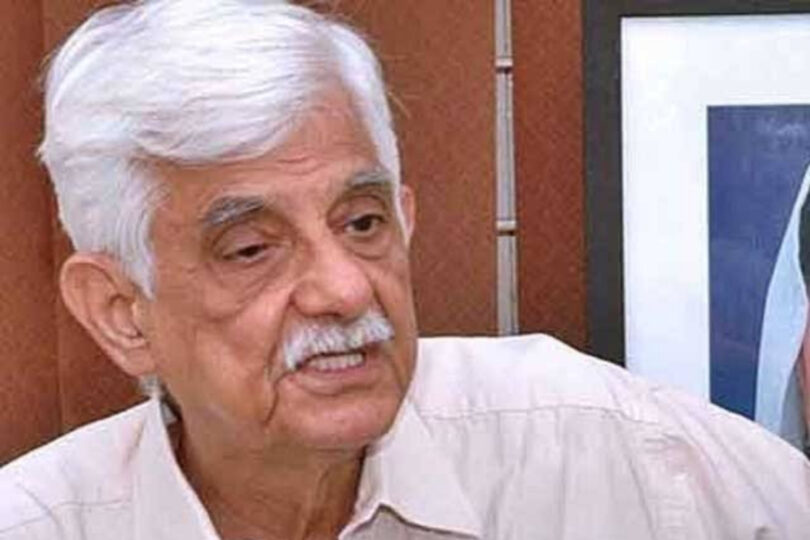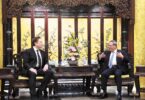Pakistan People’s Party (PPP) Senator Taj Haider has expressed concern over the digital census saying that his party’s central election cell has received disturbing reports about the undercount of the population from sources located in different provinces. Senator claimed that the Initial computations in the province of Sindh revealed that the damage done to the province of Sindh as a result of the so-called ‘Digital Census’ is far bigger than what was initially feared and warned against.
Days after the Council of Common Interest (CCI) unanimously approved the result of the first-ever digital census in the country, the selfish politicians came up with new assumptions and self-fabricated assessments to undermine the months-long process, create new tension and push the Pakistani nation into another quandary only to rejuvenate their diminishing politics. Pakistan sat for an early and detailed enumeration of the population and seventh national census in the country after a prolonged dispute over the 2017 national headcount that attracted reservations on ethnic and political grounds from multiple political groups including the PPP, MQM Pakistan and others. The MQM-P and the PPP refused to accept the census results and complained that the population of Urdu-speaking Mahajirs and Sindhis respectively had been projected less in the mega city of Karachi, Hyderabad and other population centres in Sindh. The issue led to an early and unscheduled headcount in 2023 to resolve the dispute and end persistent political altercation in the country.
Presently, the country has completed the first-ever digital headcount in South Asia and the nation is all set for a nationwide election in the country. As, the Election Commission of Pakistan (ECP) announced the fresh delimitation to hold the next general election, the political groups started lobbying to dispute the latest census and contend the fresh delimitation of constituencies to manipulate the situation to their advantage in the future. Realistically, Pakistani politicians and civic groups intend to move things in their desired direction using political pressure, coercion and blackmail of the national institutions to get a level playing field that paves the way for their success in the electoral contest. This kind of politics has taken root in the country and continuously weakens the national institutions, causing political instability and chaos in the country.
Historically, there has been a migration of population from rural areas to major cities including Karachi, Hyderabad, Lahore, Peshawar and Islamabad over the past decades. Whereas, Karachi remained the top destination of economic migrants from remote areas and other provinces including GB and Azad Kashmir besides a large number of illegal migrants from other countries in the region. However, a majority of the people who reach there in search of livelihood are temporary residents and unregistered voters at those destinations. Thus, despite the expansion of the sizes of the cities and the increase in the number of inhabitants, those demographic changes could not affect the much-registered voter list in those regions. Hence, political groups exploit such technical and legal issues to their advantage, which dispute the national institutions, pollute the political environment and cause unpleasant situations in society.
Realistically, Pakistani Political groups always groomed their politics over public issues instead of competing with each other in national policy domain and constitutional matters. The world nations progressed rapidly by assimilating the latest technological advancements and modern innovations but our leaders consider Computer technology, Electronic Voting Machines (EVMs) and Digital Census poisonous for the nation and insist on sticking with the old-age methodologies that sufficiently fulfil their political needs. The nation was utterly annoyed by selfish politics, and worn-out political tactics that failed to bring any socio-economic change in our national life. The current situation predicts that the Pakistani nation could not attain its rightful status in the community of nations until and unless our political leaders and civic groups abandon self-centred politics, ethnic biases and mockery of the law that polarized the nation and weakened the democracy throughout the past.







